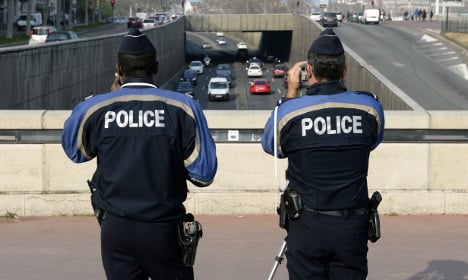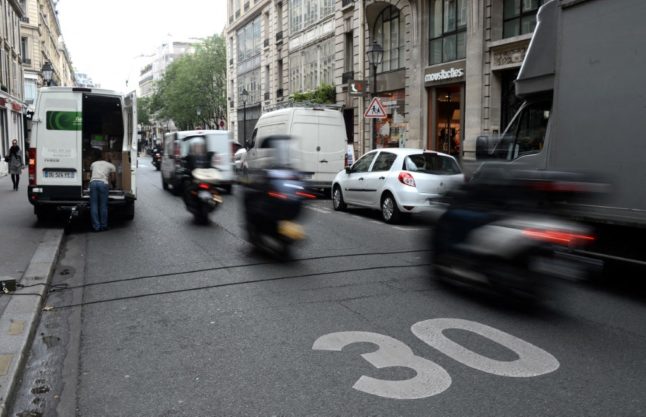Belgians have long been the butt of French jokes. And the latest figures from the Wallonne Agency for Road Safety (AWSR) do nothing to boost their reputation across the border.
According stats from 2014, Belgians were responsible for 1,150 offences per day and an incredible 420,000 offences for the whole year.
But the Belgians aren’t the only ones in France’s bad books.
That same year the Spanish clocked up 412,000 offences, while Germans committed 411,000 and the Dutch 372,000, according to France's Délégation Interministérielle de la Sécurité routière (Inter-ministerial Delegation on Road Safety).
Interestingly, Luxembourg, which counts a relatively tiny population of 550,000, was responsible for 35,000 driving offences.
There was no figures given for the number of offences committed by British drivers.
A European directive dating back to 2011 allows EU member states to share information on drivers caught committing offences on the roads. However Denmark, the UK and Ireland opted out of signing up to the agreement.
According to the inter-ministerial delegation the most common offences were speeding, followed by driving through a red light.
Penalties in France range from on-the-spot fines to the suspension of a driving licence and confiscation of the vehicle.
The latest driving offence is a ban on wearing earphones, which came into force at the beginning of July, was among a raft of measures aimed at cutting down France's death toll on the roads.
Those caught with earphones in their ears risk fines of €135 and losing three license points. This is the same fine for those caught operating a telephone or not wearing their seat belt.
The move comes after reports of a rise in road deaths in France, with 2014 seeing a 3.5 percent increase compared with 2013.
SEE ALSO: France bans earphones for drivers and cyclists




 Please whitelist us to continue reading.
Please whitelist us to continue reading.
Member comments